
A new radiation therapy may reduce toxicity compared to standard therapy, paving the way for a safer and possibly, more effective, treatment of early-stage breast cancer.

A new radiation therapy may reduce toxicity compared to standard therapy, paving the way for a safer and possibly, more effective, treatment of early-stage breast cancer.

Kalin Clifford, associate professor in the Geriatrics Division at Texas Tech University Health Sciences Center in the Jerry H. Hodge School of Pharmacy, discusses the potential benefits of herbal supplements for dementia care.
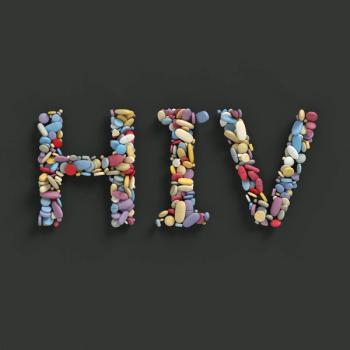
Dena Dillon, HIV clinical pharmacy specialist at the University of Iowa Health Care, discusses 2-drug regimens for individuals living with HIV.

Jawad Saleh, clinical manager of Pharmacy Services at the Hospital for Special Surgery, discusses how pharmacists can treat postoperative nausea and vomiting.

Tom Greenlee, retail pharmacy manager at the University of Missouri Health Care, and Kayla Hodges, 340B Analyst in Pharmacy Business at the University of Missouri Health Care, discuss how a successful career ladder can help retain pharmacy technicians.

O’Mally Monahan, vice president of Operations at McKesson RxO, discusses patient assistant programs and how they can reduce a delay in treatment.

Jacinda Abdul-Mutakabbir, assistant professor of Pharmacy Practice at Loma Linda University, discusses how pharmacists can improve vaccination rates and learn from the pandemic.
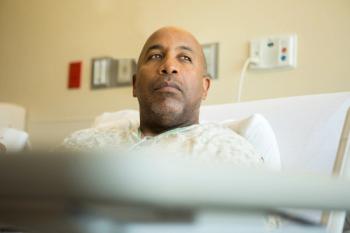
Michelle Condren, PharmD, AE-C, BCPPS, CDCES, FPPA, discussed pharmacists' roles in inpatient diabetes management.

Scott Soefje, director of Pharmacy Cancer Care and assistant professor of Pharmacy at Mayo Clinic, discusses the role of PD-1 inhibitors in treating non–small cell lung cancer.

Although it has received less attention as flu season begins, public health experts are continuing to urge vaccination against monkeypox.
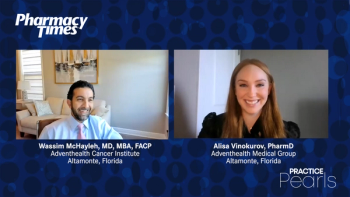
Drs McHayleh and Vinokurov share final thoughts, highlighting the future of treatment for HR+/HER2- breast cancer.

Expert panelists discuss potential coming developments in the treatment landscape for breast cancer.

Parties and get-togethers often present challenges for patients with allergies, particularly with home-cooked food that may have unclear ingredients.

Drs Vinokurov and McHayleh discuss how the approach to breast cancer treatment may vary between academic and community health settings.

Drs Vinokurov and McHayleh discuss the impact of clinical trials on the treatment landscape of HR+/HER2- breast cancer.
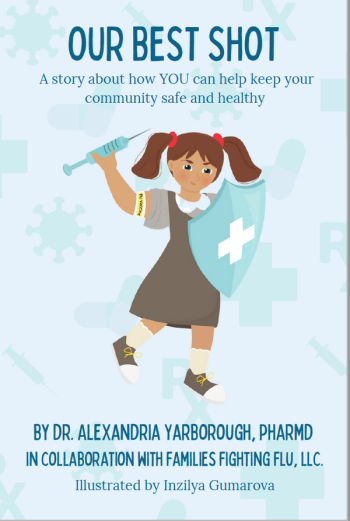
Our Best Shot (OBS) is a new children’s book explaining why we should get an annual flu shot and it is not something to fear…and adults may even benefit, said the author.

Melanie Galvin, PharmD, BCSCP, explains how Northwell Health implemented changes to bring the health system up-to-date with the revisions to USP chapters <797> and <800>.

Annie Lambert, PharmD, BCSCP, discusses how to approach the implementation of the revised USP chapter guidelines before the enforcement date in fall 2023.
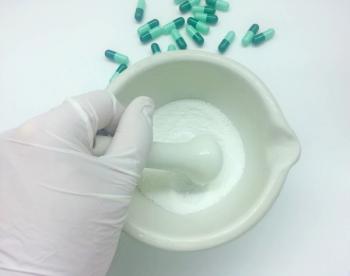
Brian Serumaga, PhD, of US Pharmacopeia (USP) discusses the revisions to compounding chapters <795> and <797> and the resources available to help pharmacists update their practices.

Experts in the management of SARS-CoV-2 educate on CDC and FDA recommendations for approaching administration of booster vaccines, including those for special patient populations.

Wendy Wright, DNP, ANP-BC, FNP-BC, FAANP, FAAN, FNAP; Jacinda Abdul-Mutakabbir, PharmD; and Rodney E. Rohde, PhD, MS, SM(ASCP)CM, SVCM, MBCM, FACSc; review what encompasses a bivalent vaccine and give their perspective on how to communicate the role of the vaccine in optimizing protection for patients.

Clinical pharmacists play a significant role in treatment management of patients with HR+/HER2- breast cancer.

Drs McHayleh and Vinokurov discuss toxicity management associated with breast cancer treatments.

When it comes to individualized treatment, “we can do better,” said John Edwards, vice president of Healthcare Solutions Consulting at SoftServe.

Rodney E. Rohde, PhD, MS, SM(ASCP)CM, SVCM, MBCM, FACSc, leads a discussion on the constant evolution of SARS-CoV-2 variants and the impact on vaccine and booster shot development and administration.

Jacinda Abdul-Mutakabbir, PharmD; Wendy Wright, DNP, ANP-BC, FNP-BC, FAANP, FAAN, FNAP; and Madeline King, PharmD, BCIDP, examine the efficacy and real-world implications of the COVID-19 booster shot in terms of vaccination protection rates.
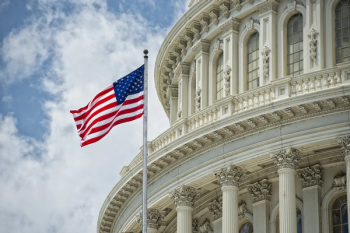
This Veteran’s Day, NCPA CEO B. Douglas Hoey, PharmD, MBA, discusses the implications of Express Scripts’ elimination of the pharmacy of choice option for TRICARE beneficiaries in their contract with the Department of Defense.

Wendy Wright, DNP, ANP-BC, FNP-BC, FAANP, FAAN, FNAP, leads a discussion on the challenges subvariants of SARS-CoV-2 present in terms of vaccination and approaching optimal communication to the public surrounding vaccination.

Expert health professionals share their thoughts on variants of concern vs variants of interest of the SARS-CoV-2 strains as they relate to clinical practice.

A physician working in the field of palliative care discusses how pharmacists and physicians can work together to help address issues pertaining to polypharmacy through deprescribing.